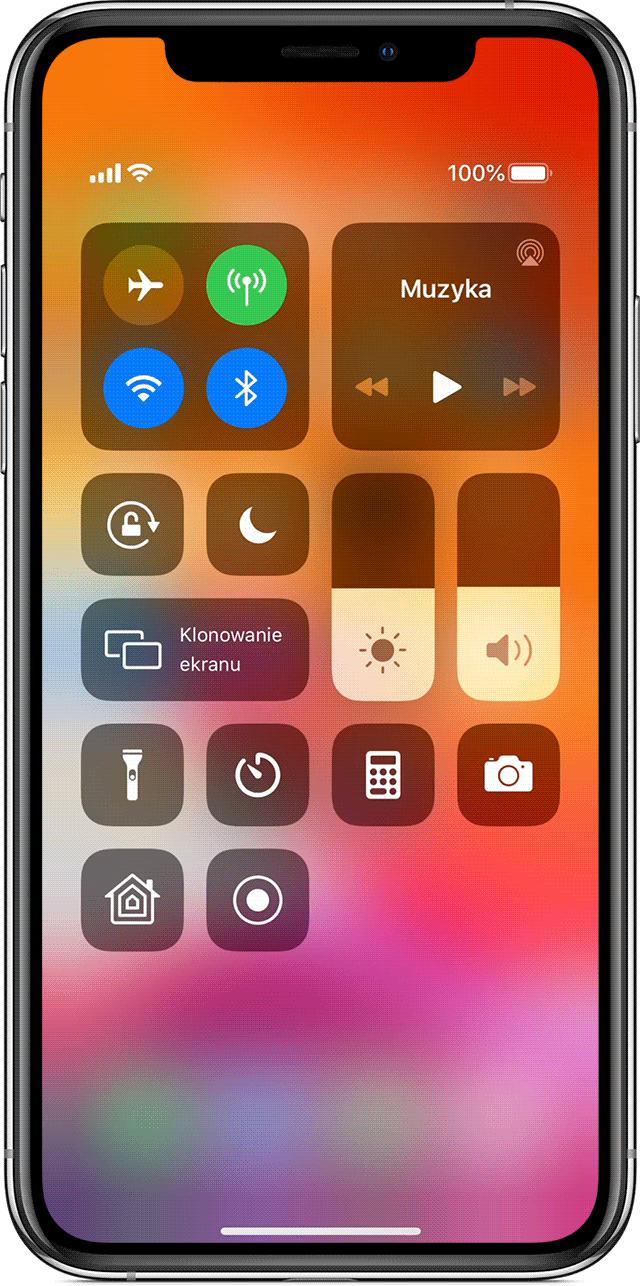It has been rumored for several weeks that the Pixel 4 may be armed with a Google-developed Soli sensor responsible for detecting gestures. Even before the premiere of the smartphone, the manufacturer himself revealed it.
Pixel 4 with Motion Sense
Google boasts that the work on the Soli project lasted five years. Their fruit is a sensor that is supposed to be able to detect gestures with impressive precision. Thanks to this, Pixel 4 will be able to be operated without contact.
The manufacturer reveals that at the beginning you will be able to switch tracks in the music player, mute alarms or reject voice calls by waving your hand. Over time, however, the list of possibilities is to be expanded. Let me remind you that Soli is able to detect even very precise gestures such as connecting or rotating fingers in the air.
Pixel 4 will also get an advanced face scanner
The upper frame of the phone is to hide a large arsenal of sensors, reminiscent of TrueDepth from iPhone X. They are to be used for secure face recognition.

Google, however, claims to have done it better than the competition. The scanner is supposed to be activated automatically when the Pixel 4 thinks the user wants to unlock the phone. The unlocking itself is to take place automatically after face recognition; you won't have to click anything or move your finger across the screen.
The manufacturer also emphasizes that the scanner is to work in any orientation, even upside down. Apple's smartphones deal with this only in the vertical position.
Motion Sense in Pixel 4 is unlikely to work in Poland
In the press release, Google indicates that Motion Sense will work "in selected countries where Pixel smartphones are available". There is no official distribution in Poland and it is unlikely to change soon.
Google doesn't reveal the reasons for this, but previous information about the sensor used allows me to guess what's going on.
Soli acts as a radar that emits waves in the range of 57-64 GHz. This means that the device using it must go to the appropriate regulatory authorities and undergo a tedious and expensive certification process. Completing all formalities on a global scale is not easy, because different standards and regulations apply in each country (these are otherwise extremely restrictive in Poland, hence the tardiness in the implementation of 5G).
So Google will probably take care of the appropriate certificates only in a few key markets. In Poland, the giant does not even have official distribution, so there is no hope that someone will care about paperwork. Probably the Soli sensor in Poland will simply be inactive (although it is possible that there will be ways to activate it).
The release date of Pixel 4 is not yet known, but it will probably take place in the fall.


![Apps and games on iOS for free.Promotions, discounts, discounts [27.12.2021] Apps and games on iOS for free.Promotions, discounts, discounts [27.12.2021]](https://website-google-hk.oss-cn-hongkong.aliyuncs.com/article-website/google/2021/12/31/661e1a9d1bdfffaecac65b0350aa0db5.webp?x-oss-process=image/auto-orient,1/quality,q_70/format,jpeg)